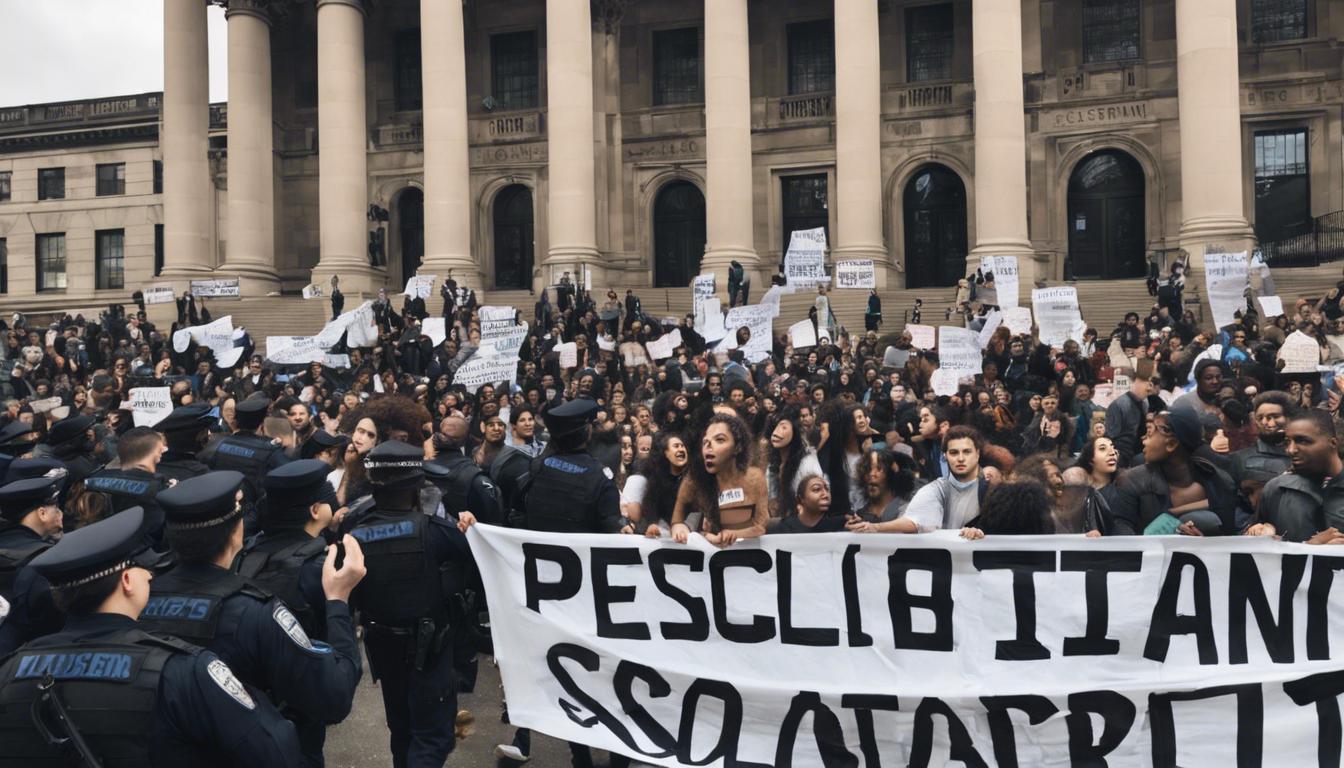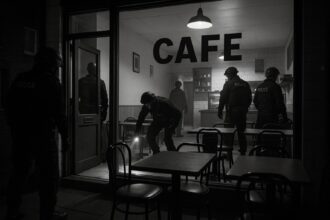Recent protests at Columbia University over Palestinian solidarity have evolved into a widespread movement, sparking controversies involving university policies and national political figures.
Recent protests at Columbia University, primarily concerning Palestinian solidarity, have escalated into a national movement known as the “Gaza Solidarity Encampment.” The initial planning by Columbia students blossomed into a significant protest and encampment, gaining traction across the U.S., including at the University of California, Berkeley. The student demonstrators, facing arrest and the dismantling of their encampment by New York police, have expressed their demands for Columbia University to sever financial ties with Israel and grant amnesty to participants.
Columbia University’s President, Minouche Shafik, has been a central figure amidst the unrest. Her decision to allow police on campus to address the protests has been contentious, leading to demands for her resignation and a potential censure. Shafik, who has held notable positions at the World Bank and Bank of England, has emphasized the need for respectful protest while navigating accusations of mishandling antisemitism and Islamophobia.
In a related development, U.S. House Speaker Mike Johnson has generated controversy by alleging, without evidence, that the protests are supported by Hamas and accusing the group of severe atrocities. His comments have drawn criticism from progressive political groups who argue that such statements incite violence and spread misinformation. Amidst the academic and political turmoil, Johnson has also called for measures against antisemitism on campuses, aligning with broader right-wing media coverage and sparking debates over free speech and protest in America.
These events have led to a broader national discussion concerning student activism, the role of universities in political debates, and the boundaries of acceptable discourse on highly contentious issues.













